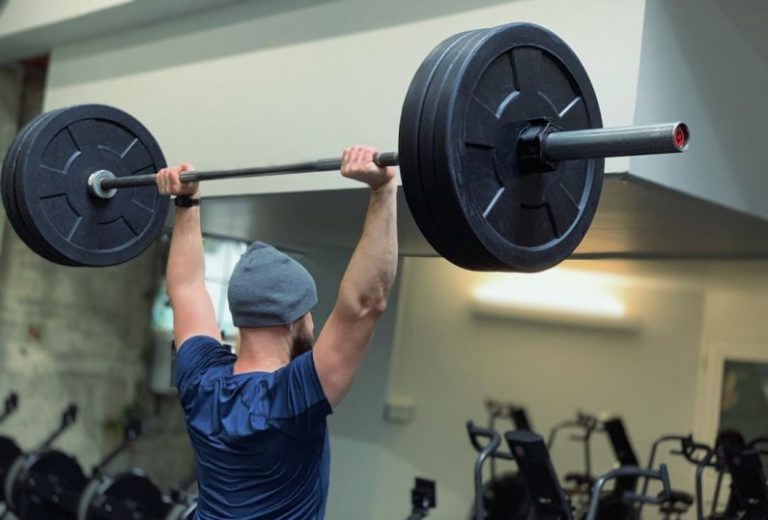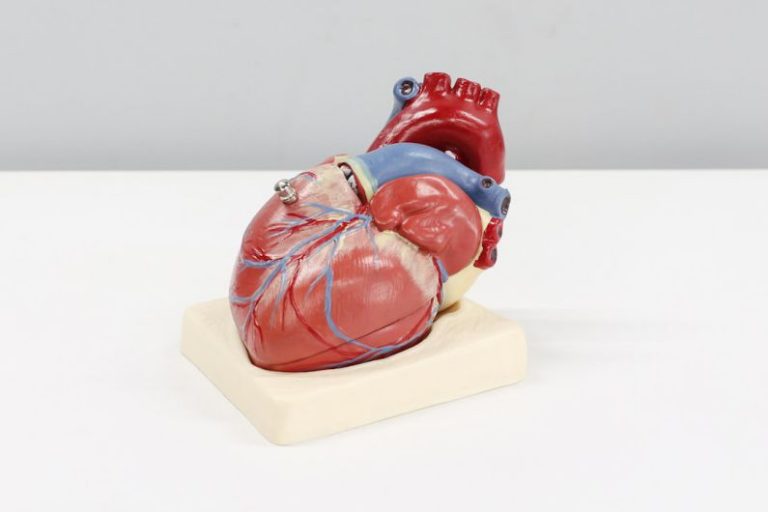Measuring Your Cardiovascular Fitness
**Understanding Cardiovascular Fitness**
Cardiovascular fitness, also known as aerobic fitness, refers to the efficiency of the heart, lungs, and vascular system in delivering oxygen to the body during sustained physical activity. It is a key indicator of overall health and can significantly impact your quality of life. Measuring your cardiovascular fitness is essential to gauge your current level of endurance and track improvements over time. By understanding how to assess and improve your cardiovascular fitness, you can optimize your workout routine and enhance your overall well-being.
**Measuring Resting Heart Rate**
One of the simplest ways to assess your cardiovascular fitness is by measuring your resting heart rate. Your resting heart rate is the number of times your heart beats per minute while you are at rest. A lower resting heart rate typically indicates a more efficient cardiovascular system. To measure your resting heart rate, find a quiet place to sit or lie down and relax for a few minutes. Then, locate your pulse on your wrist or neck and count the number of beats in 60 seconds. Repeat this process over several days to get an average resting heart rate. A normal resting heart rate for adults is generally between 60 to 100 beats per minute.
**The Talk Test**
Another simple method to assess your cardiovascular fitness is the talk test. During moderate-intensity exercise, such as brisk walking or jogging, you should be able to carry on a conversation comfortably. If you are too out of breath to speak in full sentences, you may be pushing yourself too hard. On the other hand, if you can sing a song while exercising, you may not be working hard enough to improve your cardiovascular fitness. The talk test provides a practical way to gauge your exertion level during aerobic activities and adjust your workout intensity accordingly.
**Cardiorespiratory Endurance Test**
For a more comprehensive evaluation of your cardiovascular fitness, consider undergoing a cardiorespiratory endurance test. This type of test measures your body’s ability to take in and utilize oxygen efficiently during prolonged physical activity. One common cardiorespiratory endurance test is the VO2 max test, which determines the maximum amount of oxygen your body can use during exercise. VO2 max is considered a gold standard for assessing aerobic fitness and can help tailor personalized exercise programs to improve cardiovascular endurance.
**Tracking Progress and Setting Goals**
Once you have measured your cardiovascular fitness, it is important to track your progress and set achievable goals to enhance your endurance levels. Keep a workout journal to record your exercise routines, duration, and intensity levels. Regularly reevaluate your resting heart rate and performance during aerobic activities to monitor improvements in cardiovascular fitness. Setting specific, measurable goals, such as increasing your running distance or reducing your rest time between sets, can motivate you to stay consistent with your workouts and strive for continuous improvement.
**Incorporating Interval Training**
Interval training is a highly effective method for improving cardiovascular fitness by alternating between high-intensity bursts of exercise and periods of rest or lower intensity. This type of training challenges your cardiovascular system to adapt to different levels of exertion, leading to increased endurance and stamina. Incorporate interval training into your workout routine by combining short sprints with recovery periods or alternating between exercises that elevate your heart rate with strength training movements. Be sure to warm up properly before engaging in interval training and gradually increase the intensity and duration as your fitness level improves.
**Fueling Your Cardiovascular Fitness Journey**
In addition to regular exercise, fueling your body with a balanced diet rich in nutrients is essential for optimizing your cardiovascular fitness. Incorporate a variety of fruits, vegetables, whole grains, lean proteins, and healthy fats into your meals to support your energy levels and overall health. Stay hydrated by drinking an adequate amount of water throughout the day, especially before and after exercise. Avoid excessive consumption of processed foods, sugary beverages, and saturated fats, which can negatively impact your cardiovascular health and hinder your fitness progress.
**Embracing a Holistic Approach**
Improving your cardiovascular fitness goes beyond just physical exercise; it encompasses a holistic approach to health and well-being. Prioritize quality sleep, stress management, and mental wellness to support your cardiovascular health and overall fitness journey. Engage in activities that promote relaxation and reduce stress, such as meditation, yoga, or spending time in nature. Listen to your body and give yourself permission to rest and recover when needed to prevent burnout and support long-term cardiovascular fitness goals.
**Celebrating Your Achievements**
As you continue to measure and improve your cardiovascular fitness, take time to celebrate your achievements along the way. Recognize the progress you have made, whether it’s running an extra mile, lowering your resting heart rate, or completing a challenging workout. Share your successes with friends, family, or a supportive community to stay motivated and inspired on your fitness journey. Remember that improving your cardiovascular fitness is a gradual process that requires dedication, consistency, and patience. By embracing a positive mindset and celebrating your milestones, you can cultivate a sustainable and fulfilling approach to enhancing your cardiovascular health and overall well-being.
**Embracing a Lifelong Commitment**
Measuring your cardiovascular fitness is not just a one-time assessment but a continuous journey toward optimal health and vitality. By incorporating various assessment methods, setting realistic goals, and adopting a holistic approach to wellness, you can enhance your cardiovascular fitness and improve your overall quality of life. Embrace the process of self-discovery, growth, and resilience as you navigate the ups and downs of your fitness journey. Remember that every step you take toward improving your cardiovascular health is a step toward a healthier, happier, and more vibrant future.






